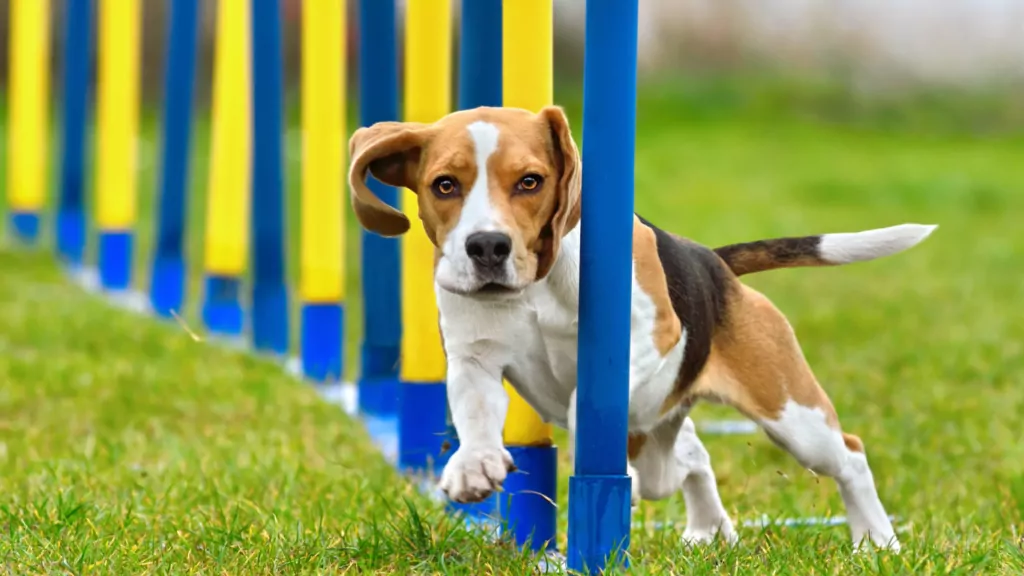
Having been in dog sports for almost as long as I’ve shared my life with dogs, and having experienced many different sports, here are my top tips for you and your dog:
**** Tips for You ****
- Set your intentions: Reflect on why you’re really pursuing sport with your dogs and your goals in this journey. You’ll need to remember those intentions when the going gets tough, and it will.
- Do your research and shop around: Investigate your breed’s tendencies, your dog’s proclivities, and research activities you could both enjoy. Check out various schools and speak to different instructors before you commit.
- Dress the part: Research on “clothing cognition” suggests that we feel and perform differently according to what we’re wearing. Wear the clothes and don the gear that’ll help you focus and perform.
- Ask questions and take notes: Be a student of your sport just as you would in any classroom. Engage with your instructors, take notes, organize your study materials, and seek continuing education opportunities.
- Avoid cliques and gossip: Sport communities can get cliquey and trainers don’t always know how to contain conflicts. My advice is simple: Do not participate and remember the intentions you set in #1.
*** Tips for Your Dog ****
- Prepare your dog: In Way of Life language, you need to have Foundations with your dog before you start. Your dog feels safe and supported, looks to you for direction, and is willing to work for you.
- Contain your dog: Contain your dog during transport to, from, and during training. This isn’t just a safety issue but a matter of helping your dog be focused for and recover from training.
- Rest your dog: Rest your dogs ahead of your training and sport classes, which juices them to perform. Rest them after, which means downtime in crates and minimizing socialization with others.
- Create a balance between sports: Consider your main sport carefully and analyze how the sport energizes your dog. Think about adding another sport to balance things out. Examples:
- Steady the high energy and dynamism of agility or sprinter trials with the evenness needed for effective scenting or tracking.
- Compensate for the suppressive effect of obedience training by unleashing your dog in dock diving or lure coursing.
- Balance the freedom of working independently in barn hunt with structured partnership in rally-obedience.
- Balance sport with non-performative activities: Take walks or hikes where you’re not training, instead giving your dogs a measure of freedom and asking as little of them as possible. Simply enjoy non-performative togetherness.